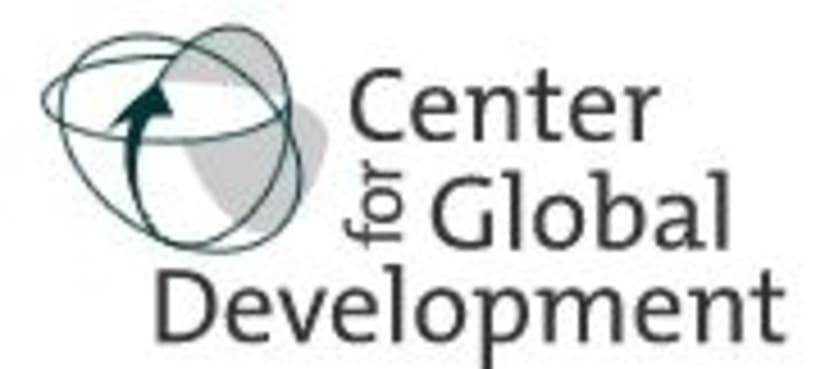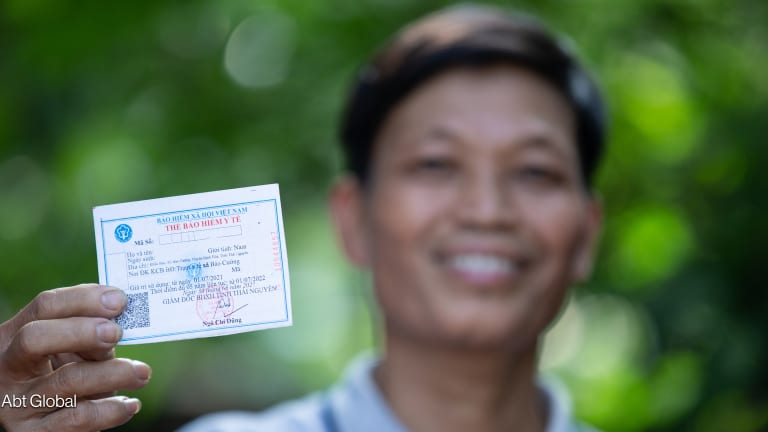
EDITOR’S NOTE: How can low-income countries afford to implement health programs when donors won’t “front the money” for each other? Amanda Glassman, director of global health policy at the Center for Global Development, asks in this article in the Global Health Policy blog.
In a recent working paper, Jacob Hughes, Walter Gwenigale and I describe Liberia’s unique experience in pooling donor funds for health in a post-conflict setting, with good results. We also describe a new and complementary agreement between Liberia and USAID, called the Fixed Amount Reimbursement Agreement (FARA). It’s been heartening to see USAID take this step towards implementing results-based aid in Liberia, but the process has also highlighted the problems that such aid faces in the ‘real world’.
In September 2011, the Government of Liberia and USAID signed a FARA for $42 million over 4 years. According to the agreement, “a FARA is a U.S. Government assistance mechanism whereby the host government implementing agency is reimbursed a fixed amount for the successful completion of specified activities or outputs with previously agreed upon specifications or standards.”
In the agreement, USAID will reimburse the Ministry of Health and Social Welfare (MOHSW) for the cost of implementing specific activities from the National Health Plan, namely performance-based contracting of NGOs for health service delivery and monitoring and evaluation of service delivery.
Reimbursement to the MOHSW is based on pre-determined amounts, irrespective of actual cost, and is contingent upon USAID verification and approval of each agreed deliverable. USAID has the right to withhold reimbursement until it verifies that each deliverable has been produced as per the verification criteria, but commits to thereafter completing the reimbursement within 45 days. The MOHSW agrees to keep USAID apprised of implementation progress through quarterly reports as well as to manage and monitor FARA supported activities. USAID source-origin policies for procurement of goods and services are waived in the agreement and all goods from the “Free World” are considered eligible (restricted countries include Cuba, Iran, North Korea and Syria). A limited number of additional terms and conditions are included such as pre-approval for drug procurement and requests for proposals that will exceed $1.5 million in value, based upon recommendations made during a 2010 USAID Office of Acquisition and Assistance Procurement System Assessment of the MOHSW. However, USAID accepts that reimbursable expenditure will be based on the MOHSW’s systems for planning, procurement and financial management.
The FARA replaces the previous arrangement whereby USAID funds for service delivery were provided through a cooperative agreement with the U.S.-based company, John Snow Incorporated. This change in approach reflects the USAID FORWARD Implementation and Procurement Reform, which commits USAID to “Strengthen[ing] partner country capacity to improve aid effectiveness and sustainability by increasing use of reliable partner country systems and institutions to provide support to partner countries.”
This is all quite revolutionary – USAID disbursing funds on achievement of outputs, supporting government health plans on-budget. This is a good news story that makes Global Health Initiativerhetoric on country ownership and sustainability a reality. It is a financial instrument that would allow USAID to go in the direction of COD Aid, conditioning disbursements on health coverage and outcomes.
But what about the pool fund? Why didn’t USAID join the pool to further increase the harmonization of aid and multilateral collaboration? The answer to this question says a lot about the trouble with aid in general.
The MOHSW did originally propose that USAID make the FARA reimbursement payments into the Health Sector Pool Fund mechanism. However, other donors to the pool fund felt that “…the concept was based on the premise that other donors underwrote USAID’s risk. Donors will find it difficult to advance money from the pool fund.”
In other words, the existing pool fund donors didn’t want to spend money on inputs when USAID would only spend on results. While these donors should be credited with supporting the pool fund these many years while the United States went its own way, their objection is all about appearances (who looks most innovative? who produces results and how?) and not at all about delivering health aid in the most effective way possible. The FARA contribution to the pool could have created complementary, virtuous incentives to achieve the pool fund results as efficiently as possible, which would be a credit to the Government and all the participating donors, and would set a precedent for USAID to participate in pooling in other countries.
Should donors really care whether their dollar is used ex-ante or ex-post if the hoped-for results on health are achieved? If donors are worried about pre-financing another donor’s support, why don’t more of them shift to funding results? If donors won’t “front the money” for each other, can low-income country governments like Liberia afford to do it?
Republished with permission from the Center for Global Development. View original article.








